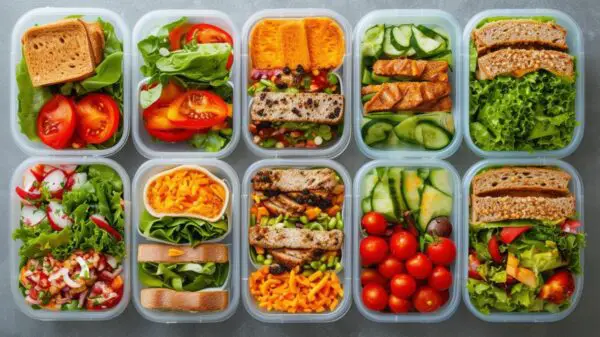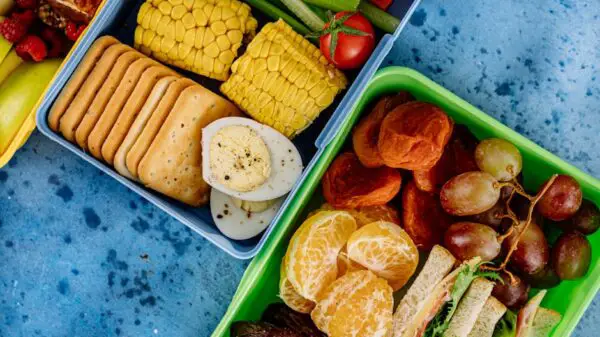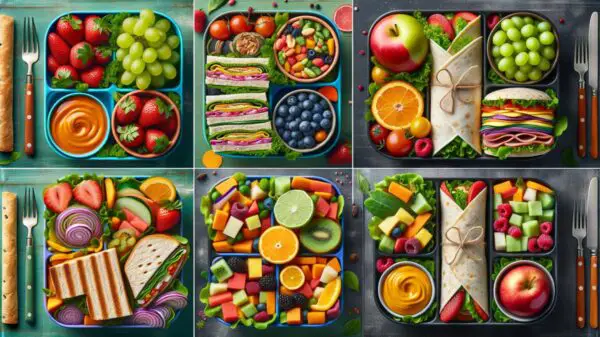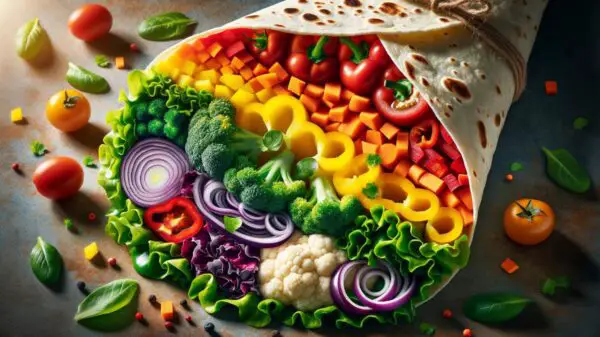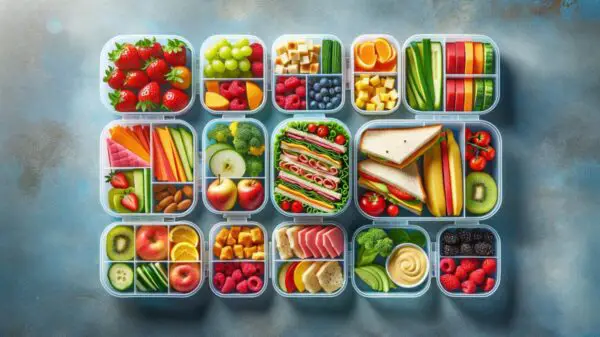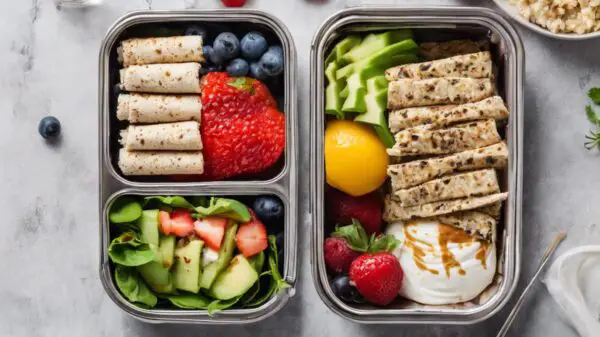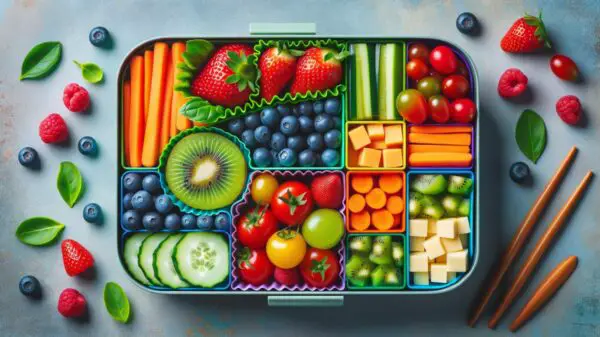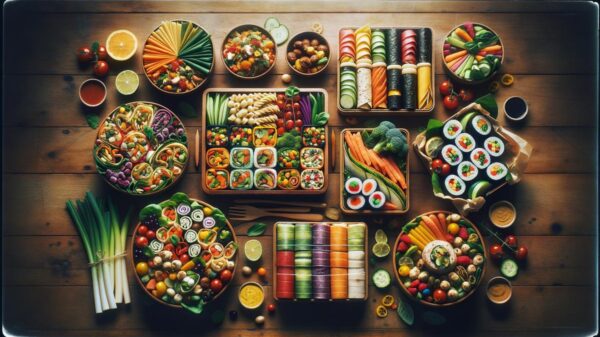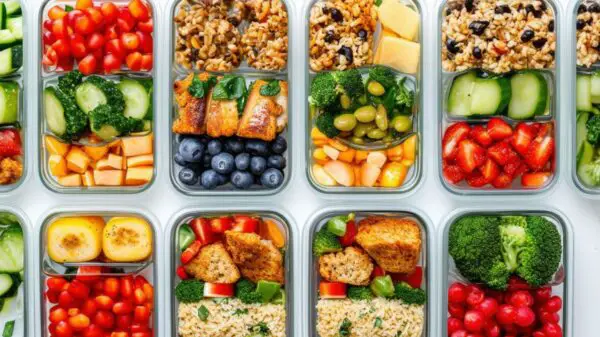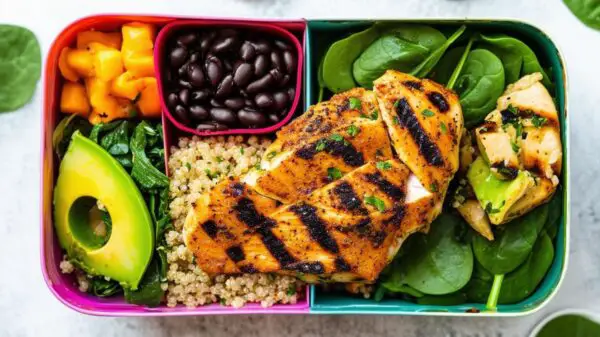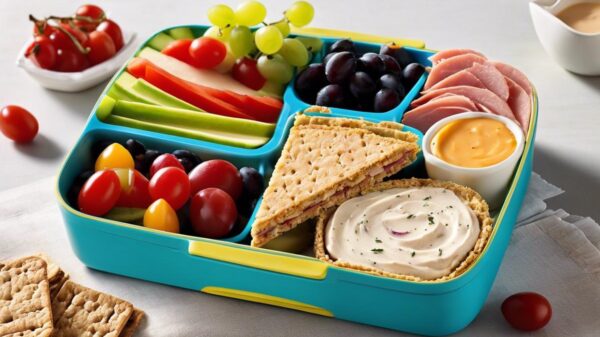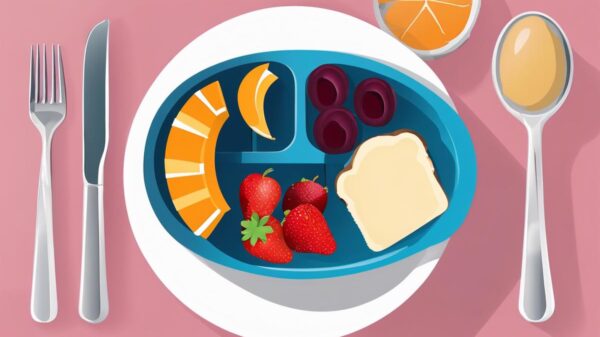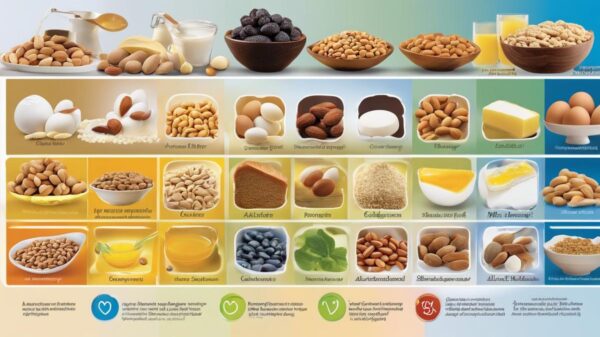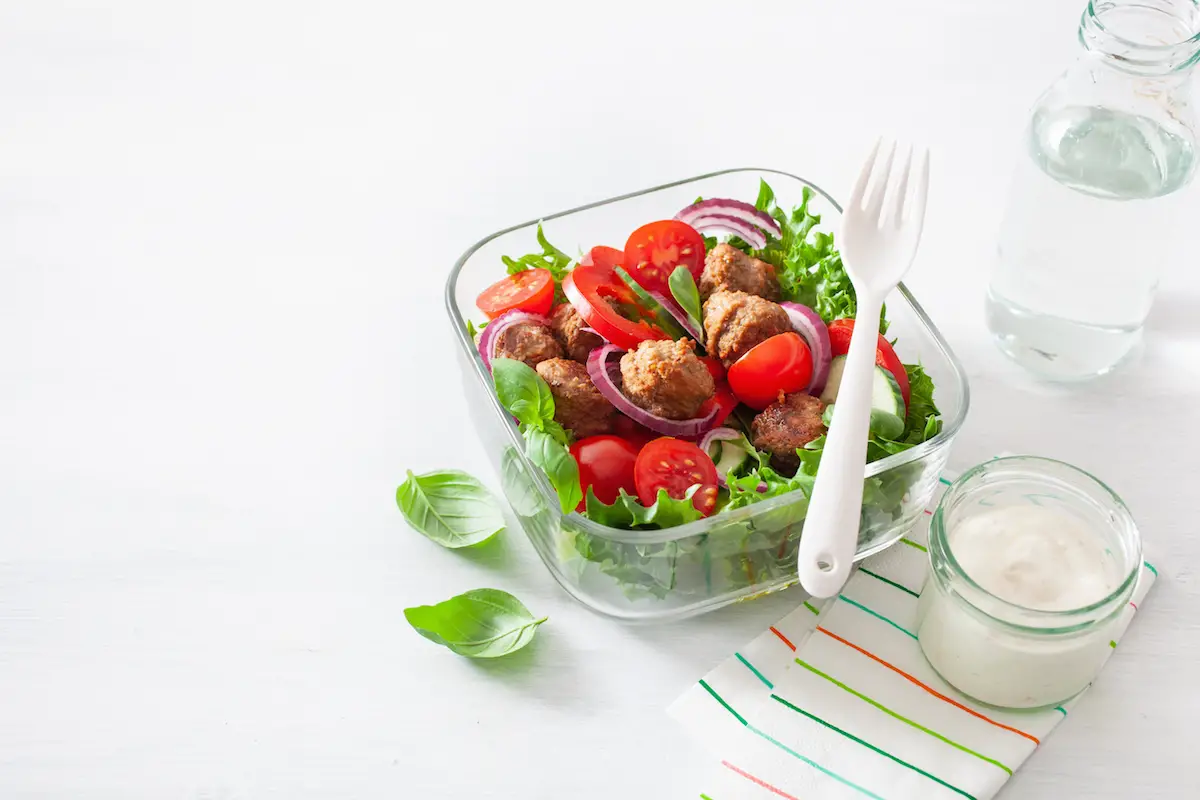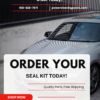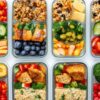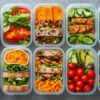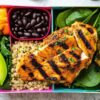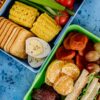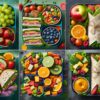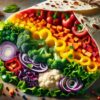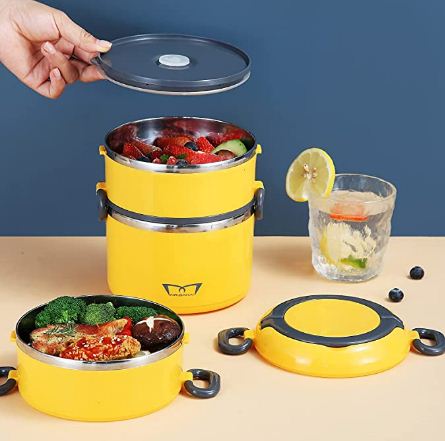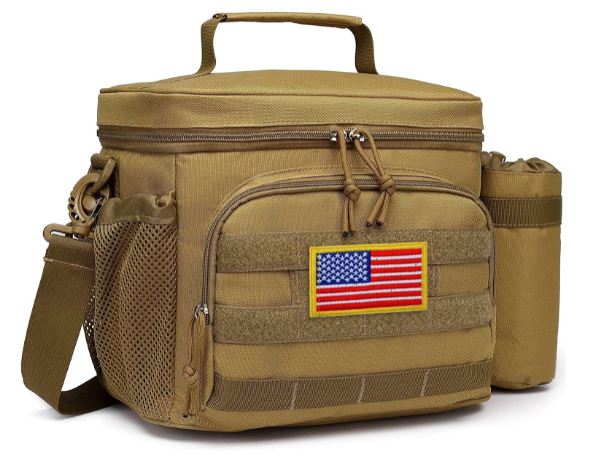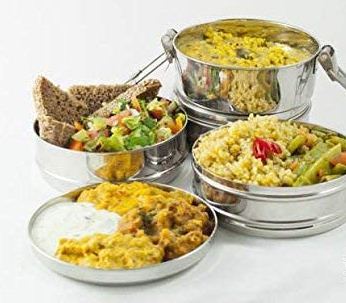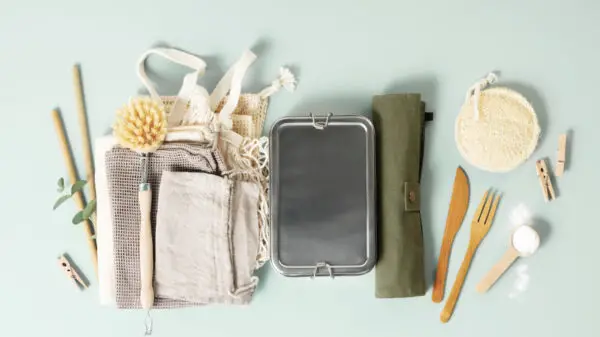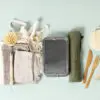Are Lunch Boxes Environmentally Friendly?
Lunch boxes, also known as bento boxes, have gained popularity in recent years as a convenient and practical way to pack meals for school, work, or travel. So, are lunch boxes environmentally friendly?
It depends, as lunch boxes made of glass or stainless steel can be more environmentally friendly than relying on single-use plastic packaging such as plastic bags. However, some lunch boxes have non-recyclable or non-biodegradable parts such as foam insulation or plastic clips that can end up in landfills or oceans, so it depends.
Lunch boxes, also known as bento boxes or lunch containers, are a great way to reduce waste and help the environment. Many who are concerned about their contributions to the environment opt to use a lunch box as it is an easy way to cut out plastics from your everyday routine. However, if you are not used to packing yourself a lunch every day, there are some habits that can take some getting used to. With a little planning and creativity, you can make lunch boxes a part of your daily routine and contribute to a more sustainable future.
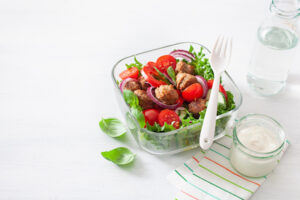
Advantages of Using Lunch Boxes
One of the most significant benefits of using a lunch box is that it can help reduce plastic waste. Disposable containers and bags are a major contributor to plastic pollution, with millions of tons of plastic ending up in our oceans and landfills every year. By using a lunch box, you can eliminate the need for single-use plastics and reduce your carbon footprint.
Another advantage of using a lunch box is that it can help you save money. Packing your own lunch in a reusable container is often more cost-effective than buying food on the go. It also allows you to have more control over the ingredients and portion sizes, which can be healthier and more satisfying.
There are a variety of lunch box options available, ranging from simple and functional to stylish and trendy. Some lunch boxes are made from durable materials like stainless steel or glass, while others are designed to be collapsible or flexible. You can choose a lunch box that suits your needs and style, whether you’re packing lunch for work or school, or heading out for a picnic or hike.
Disadvantages of Using Lunch Boxes
One of the main drawbacks of using a lunch box is that it requires planning and preparation. You need to have enough time to shop for groceries, prepare meals, and pack the lunch box in advance. This can be challenging for people with busy schedules or those who prefer to eat out or order food delivery. However, with a little practice and creativity, you can find ways to make lunch box packing more convenient and enjoyable.
Another disadvantage of using a lunch box is that it requires cleaning and maintenance. Unlike disposable containers and bags, lunch boxes need to be washed and dried after each use. This can be time-consuming and inconvenient, especially if you don’t have access to a sink or dishwasher. However, many lunch boxes are designed to be dishwasher-safe or easy to clean, so this can be a manageable task with the right tools and techniques.
Additional Benefits
Overall, the pros of using a lunch box outweigh the cons when it comes to environmental sustainability and personal health and wellness. Here are some additional benefits to consider:
Portion Control
With a lunch box, you can pack the right amount of food for your needs, without overeating or wasting food.
Food Safety
By packing your own lunch, you can ensure that your food is fresh, safe, and free from allergens or contaminants.
Variety
With a lunch box, you can enjoy a wide range of foods and flavors, including leftovers, salads, sandwiches, and snacks.
Style
Lunch boxes come in a variety of colors, shapes, and sizes, so you can express your personality and sense of style while being environmentally conscious.
Social Impact
By using a lunch box, you can inspire others to make sustainable choices and reduce their plastic footprint.
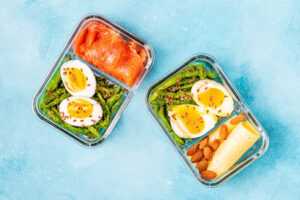
How to Incorporate a Lunch Box into Your Daily Routine
So how can you start using a lunch box and making a difference for the environment? Here are some tips and tricks to help you get started:
Invest in a High-Quality Lunch Box
Choose a lunch box that is durable, leak-proof, and easy to clean. Look for materials like stainless steel, glass, or BPA-free plastic.
Plan Your Meals in Advance
Take some time each week to plan your meals and snacks for the week. This will help you stay on track and avoid last-minute trips to the store or fast food restaurants.
Pack Healthy and Balanced Meals
Choose foods that are nutritious and satisfying, such as fruits, vegetables, whole grains, and lean protein. Try to avoid processed foods and snacks that are high in sugar and salt.
Finding a Sustainably Made Lunch Box
To find a lunch box made of sustainable materials, consider factors such as recyclability, non-toxicity, durability, packaging, and sustainability of the brand. Look for materials like bamboo, stainless steel, or glass that can be easily recycled or composted, and avoid harmful chemicals like BPA or phthalates. Choose lunch boxes that are durable and long-lasting, and come with minimal or recyclable packaging. Finally, select lunchboxes from sustainable brands that prioritize eco-friendly manufacturing practices and materials sourcing. By taking these factors into account, you can find a lunchbox that is not only functional and stylish but also environmentally responsible.
Use Sustainable Packaging in Your Lunch Box
When packing a lunch box, it’s important to consider the environmental impact of the packaging materials you use. By choosing sustainable packaging options, you can reduce waste and help protect the planet. Here are some sustainable packaging options you can use when packing a lunch box:
Reusable Containers
Using reusable containers made of materials like stainless steel, glass, or silicone is a great way to reduce waste and avoid disposable packaging. These containers are durable and can be used for many years, reducing the need to purchase disposable containers.
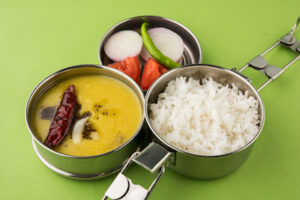
Beeswax Wrap
Beeswax wraps are a sustainable alternative to plastic wrap or aluminum foil. These wraps are made of cotton infused with beeswax and can be used to wrap sandwiches, fruits, and vegetables. They are reusable and biodegradable, making them an eco-friendly choice.
Silicone Bags
Silicone bags are another sustainable option for packing snacks or small items. These bags are made of durable silicone and can be washed and reused many times, reducing waste and the need for disposable plastic bags.
Paper Bags
If you prefer a more traditional option, paper bags are a sustainable alternative to plastic bags. Look for bags made of recycled paper and avoid those with plastic lining or coatings. These bags can be composted or recycled after use, making them a great choice for the environment.
Mason Jars
Mason jars are a versatile and sustainable option for packing salads or other meals. These jars are made of glass and can be reused many times, reducing the need for disposable containers. They are also easy to clean and can be microwaved or refrigerated as needed.
Using a Lunch Box is a Great and Sustainable Option
In conclusion, lunch boxes are environmentally friendly and can be a simple yet powerful way to reduce plastic waste and contribute to a more sustainable future. By investing in a high-quality lunch box, planning your meals in advance, and using reusable containers and wraps, you can enjoy healthy and delicious meals while protecting the environment. With a little creativity and inspiration, you can make lunch boxes a fun and rewarding part of your daily routine, and inspire others to join you in making a positive impact. So pack your lunch box and start making a difference today!

